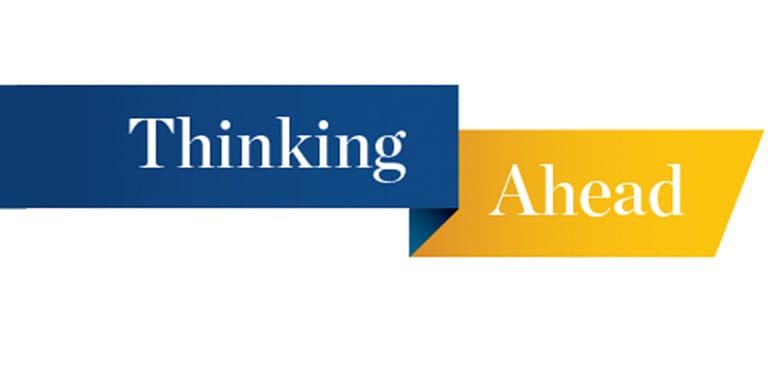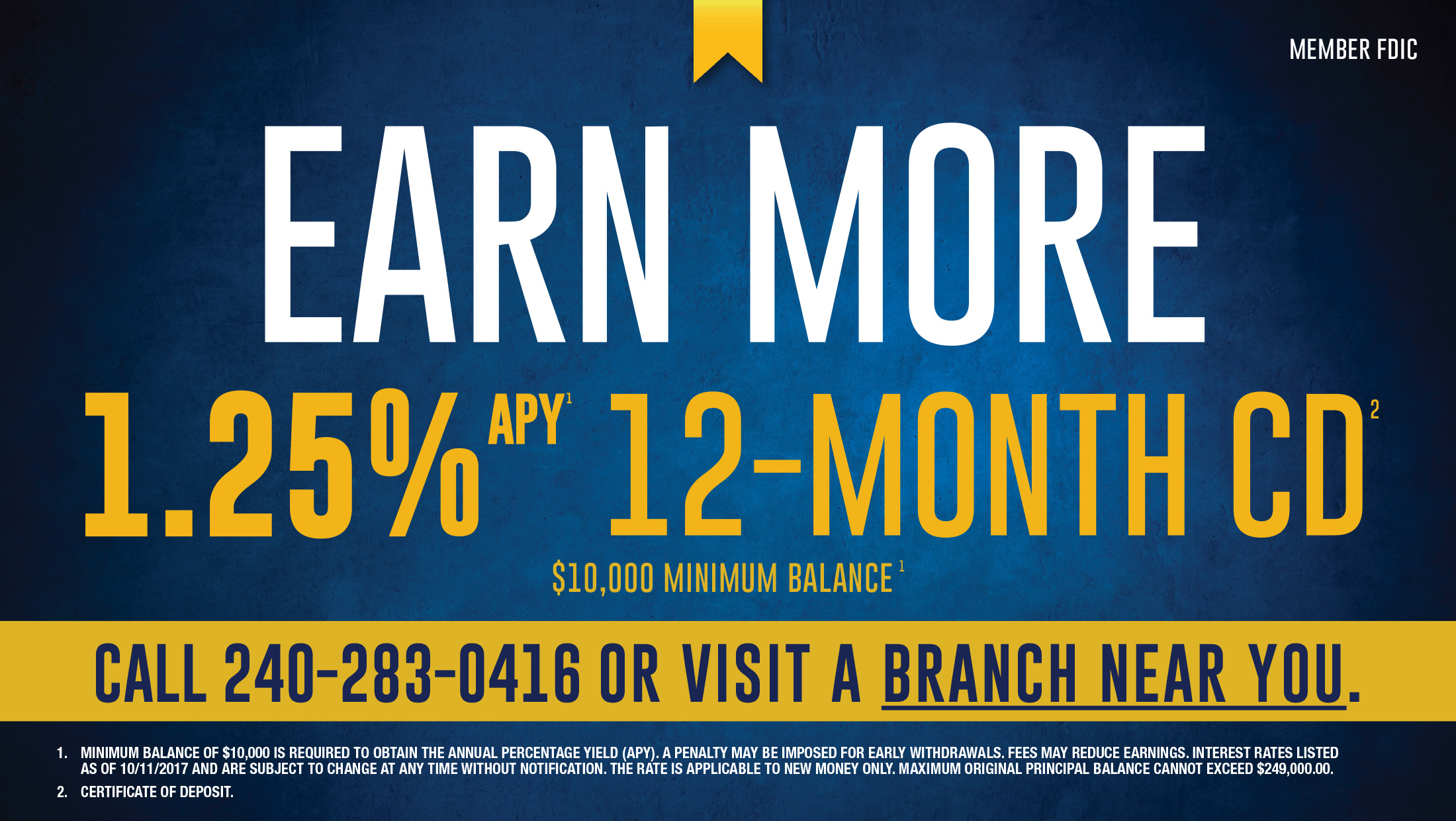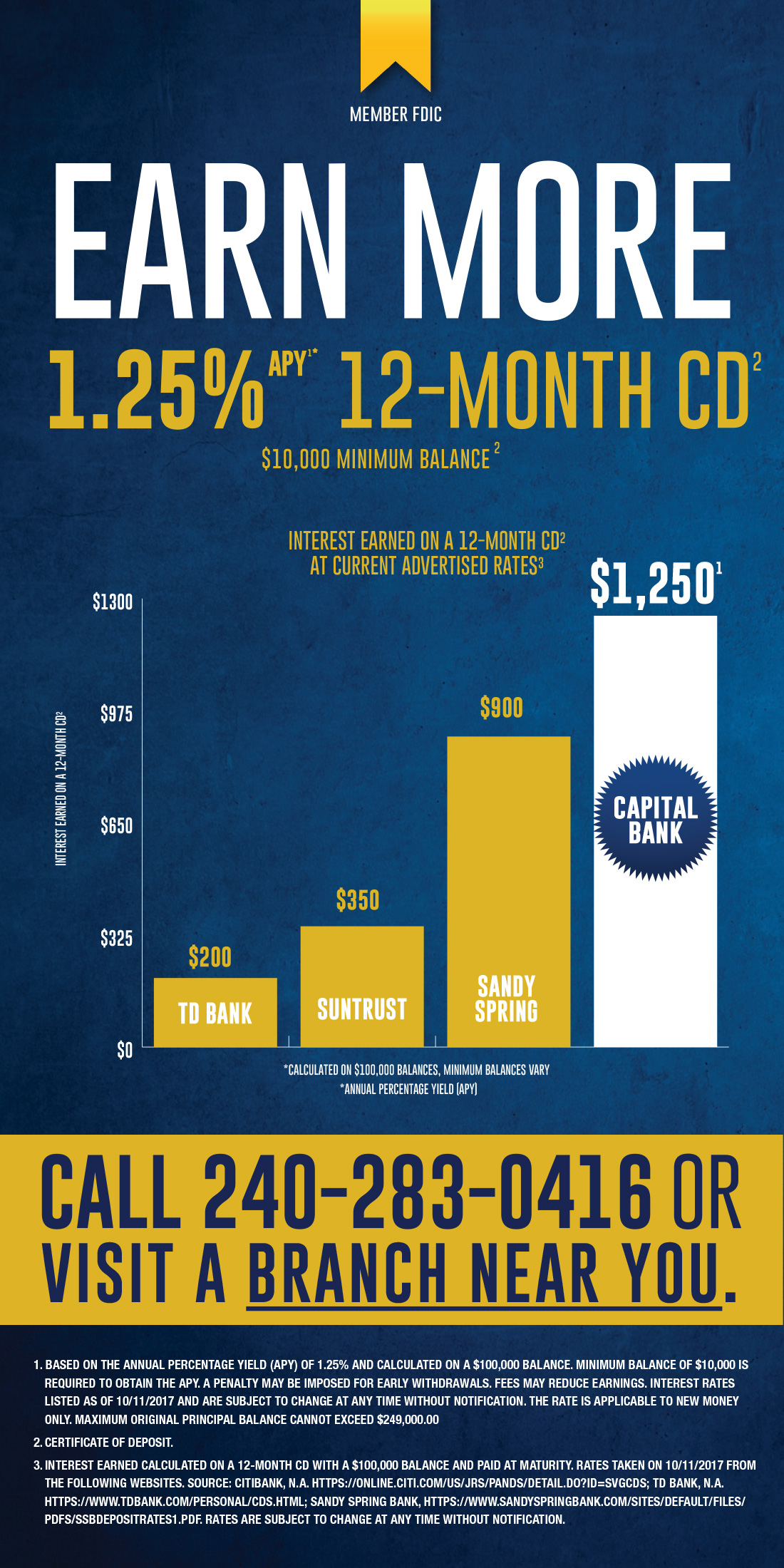
Disaster Related Fraud
Post Date: 05/03/2024
Watch Out for Disaster-Related Fraud
According to the Consumer Financial Protection Bureau (CFPB)1, scammers often try to take advantage of victims after a disaster or during a crisis, when they might be most vulnerable. And our area has suffered one of the greatest disasters in recent memory with the collapse of the Francis Scott Key Bridge.
The bridge collapse was both a human and economic tragedy, with the Port of Baltimore effectively closed for the foreseeable future. The port directly employs up to 15,000 workers and indirectly helps support almost 140,000 jobs in the Baltimore region.2 Between $100 million and $200 million in cargo moves in and out of the port each day, affecting $200 million in wages. State of Maryland and federal officials estimate that the port’s closure could cost the regional economy up to $15 million per day3.
Tips for Spotting Scammers
After a disaster, the CFPB urges consumers to watch out especially for fake government employees, bogus charities and dishonest contractors, as well as anyone else who might try to take advantage of your situation.
To spot potential scammers, start by asking questions and being alert to warning signs. If someone trying to sell you a product or service can’t or won’t answer your questions, this should be a warning. For example, ask to see a contractor’s license, as well as how long they have been in business. Also ask for recent referrals from within your area.
Scammers often pose as law enforcement, insurance adjusters, bank employees or anyone else who they believe can separate you from your money. It’s relatively easy for them to create fake titles and uniforms so be sure to ask for an official piece of identification and then contact the organization they claim to represent to confirm that they’re legit. Government officials generally don’t ask for sensitive financial information such as account or routing numbers, so if someone asks for this, that should be a major red flag.
Common Disaster Scams
According to the CFPB, the most common scams after a disaster include the following:
- Fake charities — These scammers try to take advantage of the desire by many people to help disaster victims. They often come up with a name that is similar to but slightly different from a legitimate charity to try to catch people off guard. Many scammers today are using artificial intelligence (AI) and social media streaming to try to get people to donate money to supposedly help disaster victims, often requesting donations by Bitcoin or another virtual currency.The Federal Trade Commission (FTC) offers some tips for donating safely. For starters, perform an online search of the charity’s name plus words like “complaints” or “scams” to see if anything comes up. Also be suspicious of requests to make donations by cryptocurrency, gift card or wire transfer — it’s safer to donate using a credit card.
- Fake FEMA representatives — No representative of the Federal Emergency Management Association (FEMA) will ever ask for or accept donations. Also, FEMA does not charge money for home inspections or any type of disaster assistance — so if someone claiming to be from FEMA asks for money, this is probably a scam. All FEMA representatives carry a laminated photo ID so be sure to ask for this. You can also call FEMA directly at (800) 621-3362 if you’re ever suspicious.
- Mortgage repayment and modification scams — Here, scammers offer foreclosure relief or help negotiating or delaying mortgage payments after a disaster. It’s true that lenders are often willing to work with and offer forbearance to homeowners affected by disasters. But you should make sure you’re dealing directly with the mortgage servicer, not some supposed third-party. Contact your mortgage servicer directly via the phone number on your monthly mortgage statement to discuss your options.
- Robocalls — Recorded phone calls promising flood insurance, government grants and help with government assistance applications are common in areas affected by disasters. These are often scammers trying to obtain credit card and checking account information from disaster victims, so don’t share any information like this with these callers. Instead, visit FEMA’s disaster assistance website to learn more about what types of assistance might be available.
Avoiding Scams After a Disaster
Here are 4 tips from the CFPB to help you avoid some of the most common disaster scams:
- Don’t make decisions under pressure. Scammers often use high-pressure tactics to try to get disaster victims to make big financial decisions while they’re under stress. This includes contractors going door-to-door offering home repairs and debris removal. Instead, take your time and thoroughly investigate any service providers before signing a contract.
- Watch out for “scarcity tactics.” This occurs when scammers say that their price will rise if you don’t act right away, or that their price is a special limited-time offer. Don’t feel pressured to make a big financial decision under these circumstances. And never make a final payment until all of the work performed has been completed to your satisfaction.
- Stay on top of scams in your area. It pays to be informed. After disasters, FEMA creates a Rumor Control page on its website to make disaster victims aware of scams that are proliferating in their area. FEMA also has a Current Disasters page on its website that lists recent disaster declarations, searchable by location.
- Guard against identity theft. Disaster victims are often legitimately asked for personally identifiable information, so it can be easy to let your guard down. Scammers see this as a prime opportunity to steal this sensitive information and use it for identity theft purposes, so you have to be especially vigilant.
It might make sense to freeze your credit reports after a disaster to restrict access to your credit file, which you can do for free at Equifax, Experian and TransUnion. You might also want to put a one-year fraud alert on your credit report, which you can renew after a year if you choose. This will require lenders to call you and verify your identity before extending new credit in your name.
How to Report Disaster Scams
If you believe you have been a victim of a disaster-related scam, call the National Center for Disaster Fraud’s hotline at (866) 720-5721. Also contact local law enforcement, your state attorney general and the FTC’s online fraud reporting hotline.
Sources:
1Consumer Financial Protection Bureau (CFPB)
2https://www.brookings.edu/articles/economic-impact-of-the-baltimore-bridge-collapse/
3https://www.npr.org/2024/04/02/1242327964/the-economic-impact-of-the-baltimore-bridge-collapse



